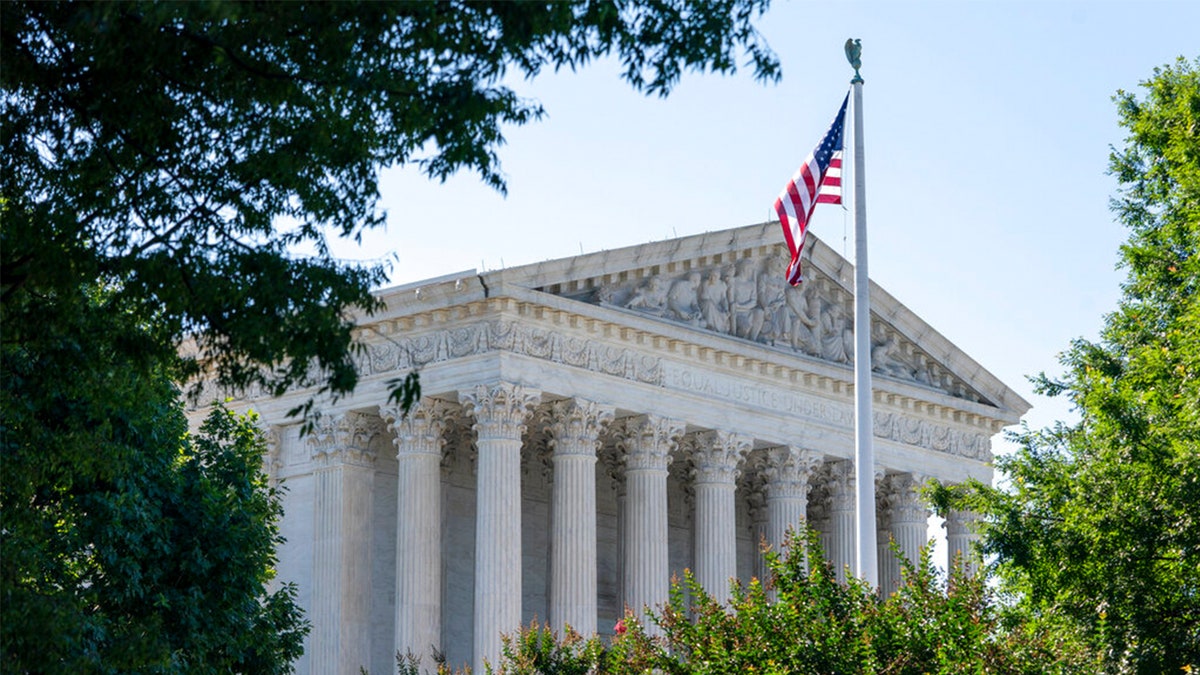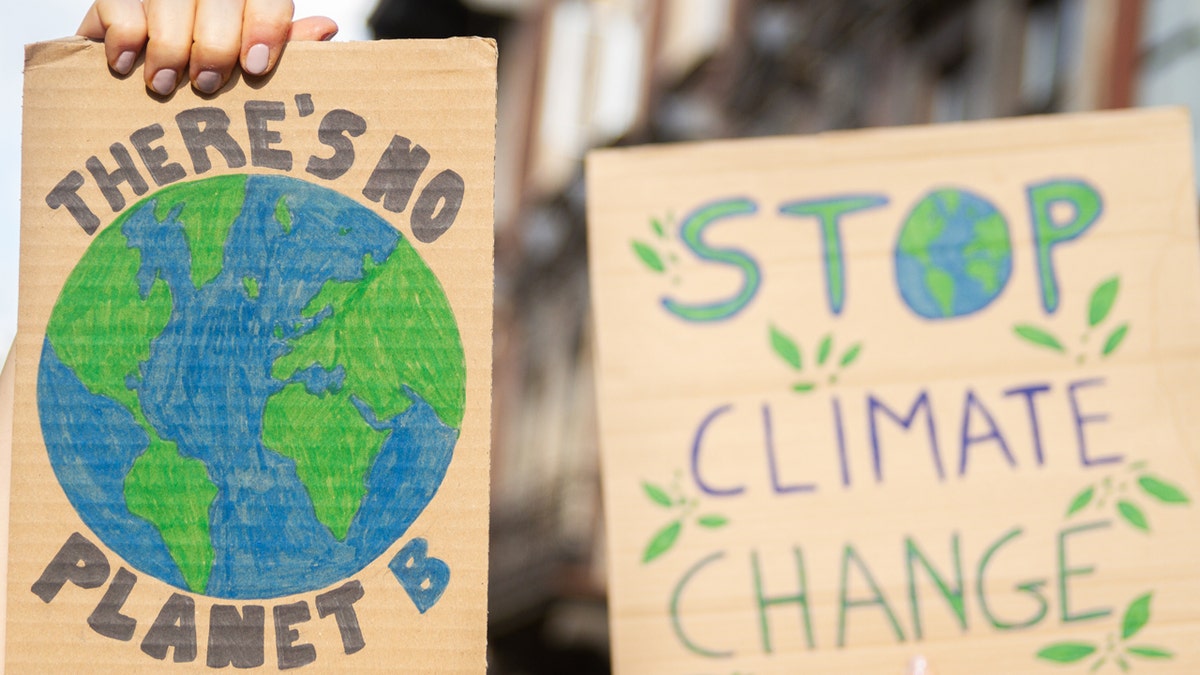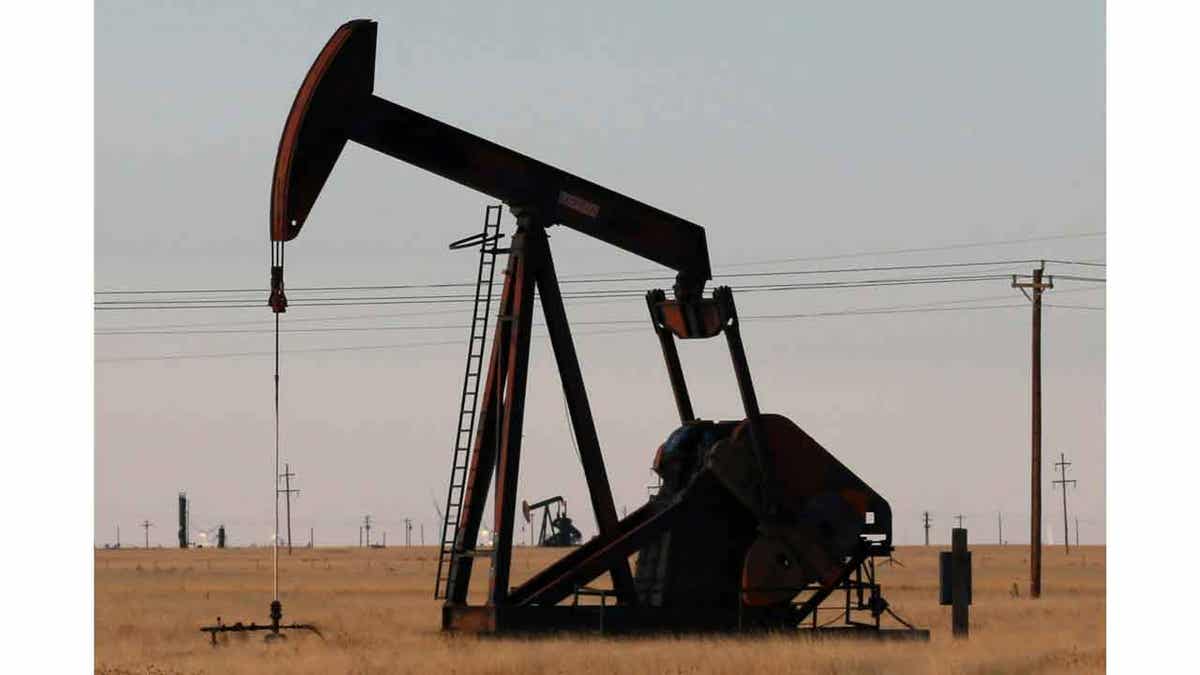The U.S. Supreme Court is considering whether to take up a case that has one side claiming a “hyper-ideological” Hawaii court is threatening to “strong-arm progressive lifestyle choices” on Americans nationwide by blessing a lawsuit aimed at holding some of the biggest fossil fuel companies liable for climate change.
In 2020, the city of Honolulu sued several major fossil fuel companies, including Exxon and Chevron, claiming the companies’ products cause greenhouse gas emissions and global warming without warning consumers about the risks.
The city employed a series of state laws like public nuisance and trespass measures and said the companies should pay billions to the state to abate the effects of climate change like weather events, sea level rise, heat waves, flooding and global warming generally.
The energy companies appealed to the Hawaii Supreme Court, arguing federal law prevents individual states from effectively shaping energy policies for all states.
But that court disagreed and ruled that the case should advance to trial. One justice said “the Aloha Spirit inspires constitutional interpretation.”
BIG OIL COMPANIES ASK SUPREME COURT TO INTERVENE IN HIGH-STAKES CLIMATE CASE
A view of the skyline of the Waikiki neighborhood of Honolulu, Hawaii. (Nicholas Kamm/AFP via Getty Images)
Consumer and legal experts told Fox News Digital they hope the U.S. Supreme Court will step in to avoid “compounding impacts on everyday Americans,” should the case progress to “giant judgments” on oil corporations.
O.H. Skinner, the CEO of Alliance for Consumers and former solicitor general of Arizona, told Fox News Digital in an interview the Honolulu suit is “a stalking horse for the Green New Deal, with lefty enclaves looking to strong-arm progressive lifestyle choices onto an otherwise unwilling public by targeting industries that have yet to fall in line with the progressive ideal.”
“The hyper-ideological justices on the Hawaii Supreme Court seem to want to bankrupt fossil fuel companies and see this lawsuit as a magical key that unlocks unlimited power and a lot of money for progressive agendas,” Skinner said.

Big Oil companies appealed to the Supreme Court in February. (AP Photo/Jacquelyn Martin)
Hawaii Supreme Court Chief Justice Mark Recktenwald, in his opinion rejecting the energy companies’ arguments, wrote, “Defendants knew of the dangers of using their fossil fuel products, ‘knowingly concealed and misrepresented the climate impacts of their fossil fuel products,’ and engaged in ‘sophisticated disinformation campaigns to cast doubt on the science, causes, and effects of global warming,’ causing increased fossil fuel consumption and greenhouse gas emissions, which then caused property and infrastructure damage in Honolulu.”
Fox News Digital reported last year that Recktenwald quietly disclosed in May that he presented for a course in collaboration with a little-known judicial advocacy organization funded by left-wing nonprofits, the Environmental Law Institute (ELI). According to the ELI, the Climate Judiciary Project is designed to educate judges across the country on how to handle climate change litigation that comes before them.
“As the body of climate litigation grows, judges must consider complex scientific and legal questions, many of which are developing rapidly,” CJP states on its website. “To address these issues, the Climate Judiciary Project of the Environmental Law Institute is collaborating with leading national judicial education institutions to meet judges’ need for basic familiarity with climate science methods and concepts.”
Other justices on the state’s Supreme Court took shots at the U.S. Supreme Court and questioned its legitimacy.
In a concurring opinion rejecting the energy companies’ petition, Associate Justice Todd Eddins wrote that the U.S. Supreme Court “could use a little Aloha,” adding, “the Aloha Spirit inspires constitutional interpretation.”
Eddins in his concurrence also outlined a larger political argument against originalism, the philosophy behind a conservative interpretation of the U.S. Constitution, and why the country’s highest court should not be allowed to determine a case like this.
Eddins cited Dobbs v. Jackson Women’s Health, the abortion case that overturned Roe v. Wade, and the landmark Second Amendment case of New York State Rifle & Pistol Ass’n, Inc. v. Bruen, writing, “a justice’s personal values and ideas about the very old days suddenly control the lives of present and future generations.”
Eddins wrote that the originalism on the Supreme Court “revives the value judgments” of “[t]he few white men who made laws and shaped lives during the mostly racist and misogynistic very old days.”

In 2020, the city of Honolulu sued several major fossil fuel companies, including Exxon and Chevron, claiming the companies’ products cause greenhouse gas emissions and global warming without warning consumers about the risks. (Adobe Stock)
“I fear the Court self-inflicts harm, loses public confidence, and exposes itself to real criticisms about its legitimacy,” Eddins wrote.
Associate Justice Sabrina McKenna, who joined the unanimous decision against the oil companies, said in a speech last year, “Climate change is, in my view, the most important issue facing all courts in the world at this point. It’s an existential threat.”
DARK MONEY-FUELED LAW FIRM JOINS MASSACHUSETTS CLIMATE SUIT AGAINST BIG OIL
Skinner said “Honolulu’s proverbial ‘spirit of Aloha’ assault here, if left unchecked, will actually bore a hole in the pockets of Americans as it marches across industry after industry, increasing the costs of food, cars, travel, and all the other basic building blocks of the modern American life at a pace that everyday Americans won’t be able to afford.”
Climate change activist groups praised the Hawaii Supreme Court decision, saying it will advance efforts in helping Honolulu “survive” the climate crisis.
“We will continue pursuing this case in the trial court where we filed it 3½ years ago, and where discovery can now begin in earnest,” said Matthew Gonser, executive director of Honolulu’s Office of Climate Change, Sustainability and Resiliency.

A pumpjack March 30, 2022, in Tatum, N.M. (AP Photo/Cedar Attanasio, File)
The companies in their appeal to the Supreme Court said federal law preempted state law under the Clean Air Act, which is aimed at reducing and controlling air pollution nationwide.
Carrie Severino, president of Judicial Crisis Network (JCN), said “one rogue state court in Hawaii can’t dictate climate policy for the nation” and that “it’s Congress’ job to set national policy in this area.”
CLICK HERE TO GET THE FOX NEWS APP
“This is the high court’s problem because it will have compounding impacts on everyday Americans who are already struggling to keep up with the rising costs just to live a decent life,” said Skinner.
“These lawsuits are about getting giant judgments of huge quantities of money to pay to undo global climate change.”
The oil companies officially petitioned the U.S. Supreme Court in February.
“Rarely does a case of such extraordinary importance to one of the nation’s most vital industries come before this Court,” the companies wrote in the filing.